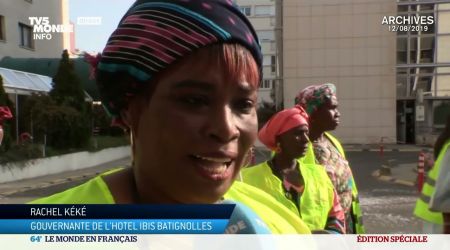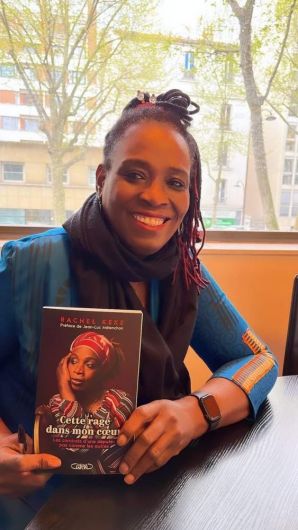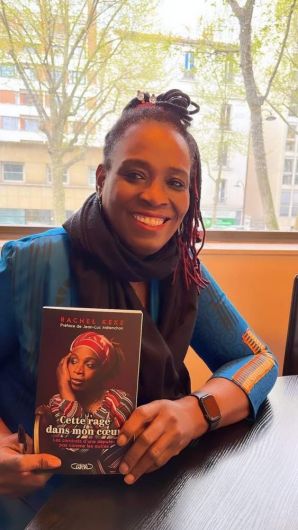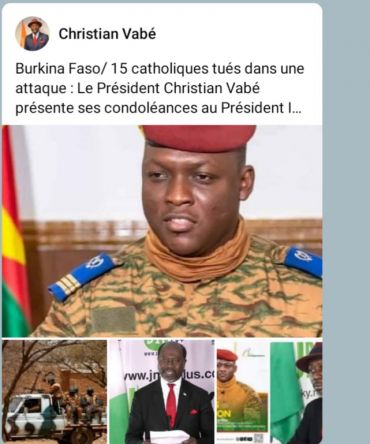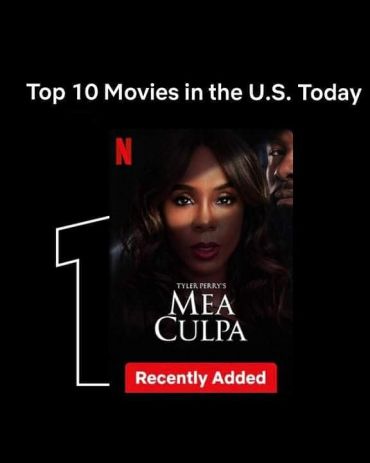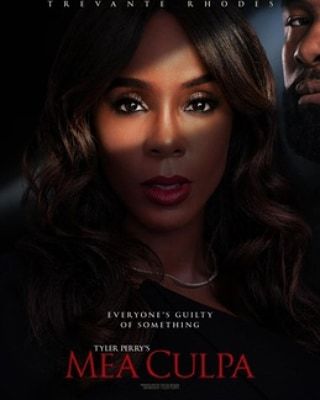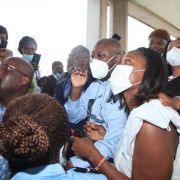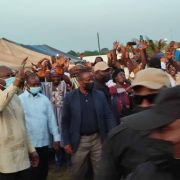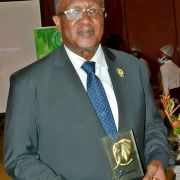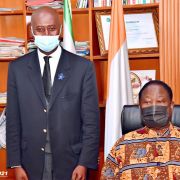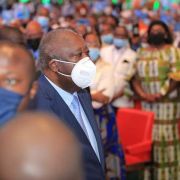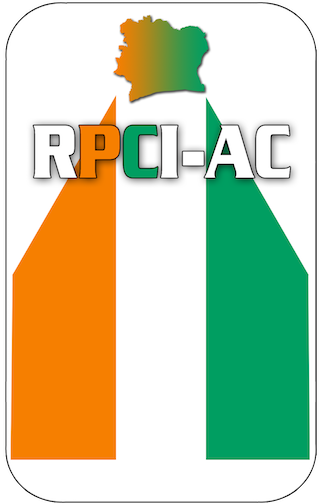"Politics in the third world": "Spotlight on the third world political parties"!
Le 21 mars 2012 par IVOIREBUSINESS - World history can record that the main features of third world countries are grounded in democratisation and multi-partyism approach since the collapse

Le 21 mars 2012 par IVOIREBUSINESS - World history can record that the main features of third world countries are grounded in democratisation and multi-partyism approach since the collapse
of "Berlin" wall(1989): That's to say, until the dramatic transition to democratisation and multi-partiysm in the late (1980s) and early (1990s), political parties in the third world , particularly in the whole Africa, carried least weight in the developing world! Unlike ruling communist parties, ruling parties in the third world, one party states were often weak and unimportant political institutions. If politics in the second world was dominated by the party, politics in much of the third world has been dominated by the state..."ONE PARTY SYSTEMS": One party rule has been a feature of politics in the third world, especially in "Africa"! And it was the weaknesss of these ruling parties which accounted for the relative unimportance of political parties. Often the party was little more than a vehicle for the nation's leader or a device for distributing patronage. For instance, in "Liberia"(West Africa's america's stepchild since 1847), the "ruling national democratic party" was virtually created by "sergent Samuel Kanyon Doe", president of "Liberia" after the bloody military coup of (september 1980), that overthrew former liberian president "William Tolbert"(1971-1980).Basically, the political aim which stirred president "Samuel Doe" was to shore up his position...On the contrary, down the line, it did not, because president "Doe" was trapped, captured, mutilated and killed in september 1990 by insurgents led by "prince Johnson" in "Liberia"...In the same trend in "Rdc"(former Zaire), former president "Mobutu" made virtually every congolese citizen a member of th sole political party, an organisation built around the leader (Mobutu) himself! In the (1990s), In the "IVORY Coast", former ivorian prime minister "ALLASSANE OUATTARA" made every endeavour to have a grip on an ivorian popular political party(Rdr-ivorian republican rally), formerly created by a strong ivorian militant "Djeny Kobenan", but bought and controlled by "Allassane OUATTARA", through huge financial means, to strengthen his political legitimacy, so as to pave the way for this future greatest ambitions in the "Ivory Coast"! In the same trend and political strategy, "Djeny Kobenan", the godfather of "RDR-political party) has been eliminated behind closed doors...But the controversy still rests today in the fact that(RDR PARTY) seems to be an oligarchic party rather than a popular party and democratic party, as it was in time of the late "Djeny Kobenan", who was very close to former ivorian president "Laurent Gbagbo"! The relevant issue is: Why should this be? What accounts for the weakness of political parties in the third world? After all in the ex-colonies, the British ones in particular, departing rulers had erected a parliamentary system in which parties had a rightful place. Furthermore, the fight against colonialism and neocolonialism had produced nationalist movements which in some cases, as with the Convention People's Party(CPP) in "Ghana"(WEST AFRICA), formerly labeled as the gold coast, were capable of mobilising the population. But the situation changed rapidly after independence: The fragile unity of independence movement disintegrated... Moreover, ethnic and regional identities took precedence over party loyalties. When "Doctor Kwamé N'KRUMAH", leader of the "CPP" was overthrown in (1966), through a western conspiracy backed up indirectly by african imperialist and neocolonial remote control leaders such as former ivorian president "Houphouet Boigny"(1960-1993)! Unfortunately, the "CPP"-political party disappeared with "Doctor Kwamé N'krumah"...As a matter of fact, we must underline the fact that a further problem was a lack of talented replacements in the political party, as the leader of the african independence movement moved into government...Once the state had been captured, it could be used to perform those functions that parties fulfill in the first world. To some extent, it also had far more resources to dispense. Thus, the party lost its purpose. Finally, economic development called for nation-building and the concentration of political resources: A single party might help with these tasks whereas a competitive party system would fragment modernisation efforts. As former president "Julius Nyere" of "TANZANIA", admired at this period in his country, nicknamed "the Malimu", once put it, rival parties were like Football teams engaged in a futile game, while avoiding real and serious difficulties. Economic development required technical expertise! If this existed anywhere, it was in the bureaucracy rather than the party. However, "Julius Nyere" has since had to accept more than one football team in "Tanzania" politics...Finally, we would like to share political analyst "Tordoff's approach in contemporary african politics: Basically, he has noted in the eighties a sharp decline in functional importance since independence. In some african states, political parties were little more than a public relations device used by the state in its quest for legitimacy. In many other african countries, parties became merely a channel for distributing resources to favoured local politicians! Meanwhile, political parties in the whole "AFRICA" may also have a weak role to play in encouraging national integration, but very rarely played a central role in the policy -making process.
(Yves T Bouazo)

